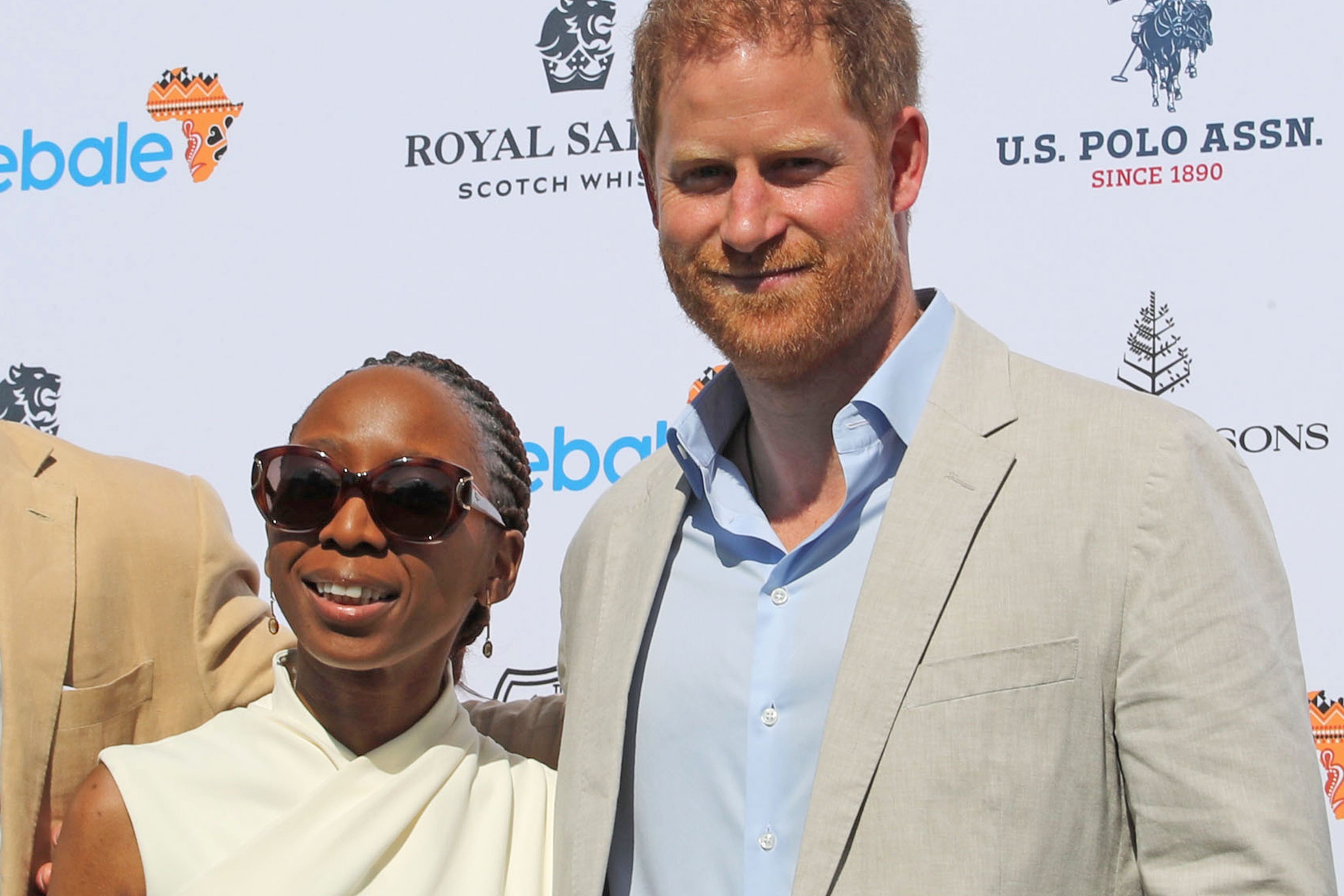A watchdog has cleared Prince Harry of “over-reach” at the charity he co-founded – but says a string of failures amounted to mismanagement in its administration.
Regulator the Charity Commission, which investigated Sentebale for four months, has condemned “all parties to the dispute for allowing it to play out publicly”.
The commission also says the then trustees’ failure to resolve disputes internally severely affected the charity’s reputation and risked undermining public trust in charities more generally.
Pointing to “a lack of clarity around role descriptions and internal policies” as the key cause for weaknesses in the management, the watchdog says the confusion inflamed tensions, which culminated in a row and mass resignations of trustees and both founding patrons, the commission found.
In March, Prince Harry and Prince Seeiso of Lesotho, the co-founder, quit as patrons, saying the move was in support of the trustees – who also resigned – in a dispute with chairwoman Sophie Chandauka.
“It is devastating that the relationship between the charity’s trustees and the chair of the board broke down beyond repair, creating an untenable situation,” the princes said at the time.
Dr Chandauka said she had reported Sentebale’s trustees to the Charity Commission and had taken legal steps to prevent her removal. She also made claims of misconduct.
Prince Seeiso and Prince Harry founded the organisation in 2006 in honour of Harry’s mother, Diana, to help young people and children in southern Africa, particularly those with HIV and Aids.

The watchdog said the row began after 2023, when Sentebale’s then trustees tried to implement a new fundraising strategy in the United States.
A serious dispute then emerged between Dr Chandauka, some trustees and the Duke of Sussex.
Members of the regulator said that after conducting interviews and reviewing evidence, they found the delegation of certain powers to the chair, including consideration of an executive chair role, was a “confusing, convoluted and poorly governed” process, with a lack of clearly defined delegations.
The watchdog said the then trustees failed to have proper processes and policies to investigate internal complaints.
“More generally, a lack of clear policies contributed to the failure to resolve disputes,” they concluded.
And the commission said public statements made to the media and criticism made in television interviews, did not serve the charity’s best interests.

It found no evidence of widespread or systemic bullying or harassment, including misogyny or racism, but acknowledged “the strong perception of ill treatment felt by a number of parties to the dispute and the impact this may have had on them personally”.
Nor was there evidence of “over-reach” by either the chair or the Duke of Sussex, it said.
But the regulator concluded: “The failure to clarify delegations within the charity to the chair, and the failure to have proper processes for internal complaints, both amount to mismanagement in the administration of the charity.”
The commission has issued Sentebale with a regulatory action plan, saying the charity should have a clearly defined patron role set out in writing.
The plan also includes improving complaints and whistleblowing procedures.
The watchdog said all the charity’s then trustees contributed to a missed opportunity to resolve issues that led to the dispute.
Financial difficulties following the Covid-19 pandemic contributed to tensions, it added.
David Holdsworth, chief executive of the Charity Commission, said: “Sentebale’s problems played out in the public eye, enabling a damaging dispute to harm the charity’s reputation, risk overshadowing its many achievements, and jeopardising the charity’s ability to deliver for the very beneficiaries it was created to serve.”




